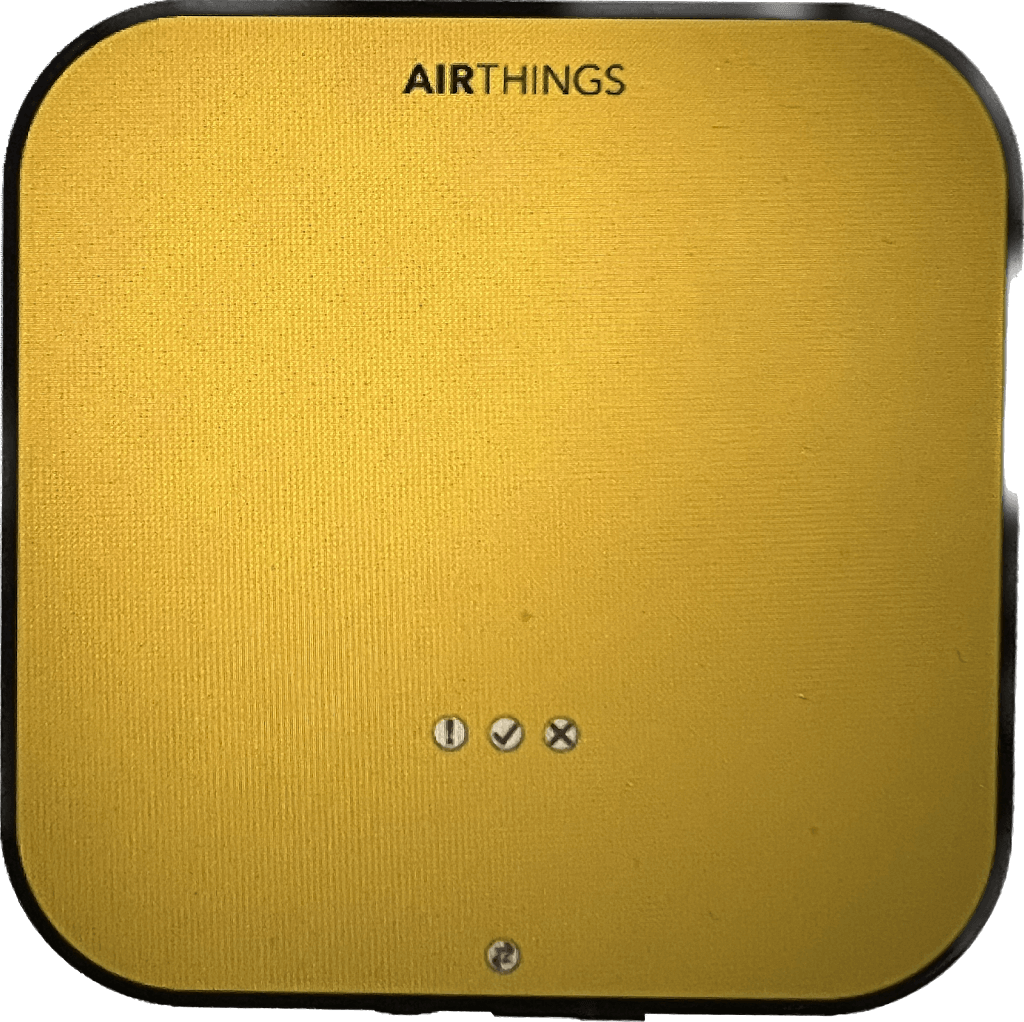by Kevin Russell
East TN, in general, has higher radon levels than the national average. You wonder why there are high radon levels in Knoxville, TN. Radon is a gas and is a by-product of the radio-active decay of the element uranium. The rocky layers beneath the ground have uranium. Areas high in radon have rocky layers because Uranium is decaying at a higher rate.
Health Concerns
Radon affects the human body. This is the main cause of concern. Radon causes lung cancer and it is the second leading cause behind cigarette smoking. Home buyers should pause and consider radon testing when they buy a home.
Testing
Radon testing takes a minimum of 48 hours and a special device is used. The radon detector takes many regular samples of radon and produces a report of the radon levels during the testing period. The radon detector makes a calculation and shows if the radon levels are safe or dangerous. The home inspector calibrates the testing device once a year. The home inspector must be certified to conduct radon inspections and must have the appropriate equipment.
Areas with High Radon Levels
Which areas have the most radon? There is no way to know if a location will have high levels or low levels of radon. The inspector will test for radon at the location. Two adjacent homes will have very different levels of radon. Certain areas of the country are elevated like the high radon levels in Knoxville, TN.
Solutions to High Radon Levels in Knoxville, TN
Should you buy a home in an area with high levels of radon? The answer is “maybe” and don’t walk away too hastily. A home can have a high radon level even if it is in a part of the country with low radon levels. A home that tests above the threshold for radon (4.0 pC/L) can be vented and radon gas can be managed. New homes have vents installed in the foundation and radon mitigation is required if levels are high. The venting installation can be either passive (air flows without mechanical assistance) or active. Active venting uses a motor and fan to move air from the foundation area to the outdoors. These methods reduce radon levels below the threshold of concern for exposure.
Buying a Home with Elevated Radon Levels
Home-owners are usually unaware that their home has elevated radon levels. An inspector conducts a radon inspection and the homeowner will likely be surprised if the levels are high. The homeowner will likely be completely unfamiliar with the hazard radon poses.
The buyer hires a radon inspector and the buyer presents the report to the homeowner. The homeowner is required to disclose the elevated radon level to any future buyers and those future buyers will be concerned. This puts the homeowner in the same position with any buyer. The homeowner could participate in a negotiation to resolve the cost of mitigation. As the buyer, if you walk away, the next home you make an offer on could have elevated radon levels. Don’t walk away immediately. You should consider this as a starting point in a negotiation to have the problem resolved. A good realtor will guide you accordingly.
Radon inspectors charge in the range of $200 – $250. Should you have a radon inspection? I’d say unequivocally, yes. You should test your new house to determine if the levels are below the safety threshold, regardless of the reason there are high radon levels in Knoxville, TN. But if they are elevated, the issue can be resolved. Either way, you have peace of mind and the report can be used in the future if you ever decide to sell the house.
Copyright Kevin Russell, Right At Home Inspection, 2023


